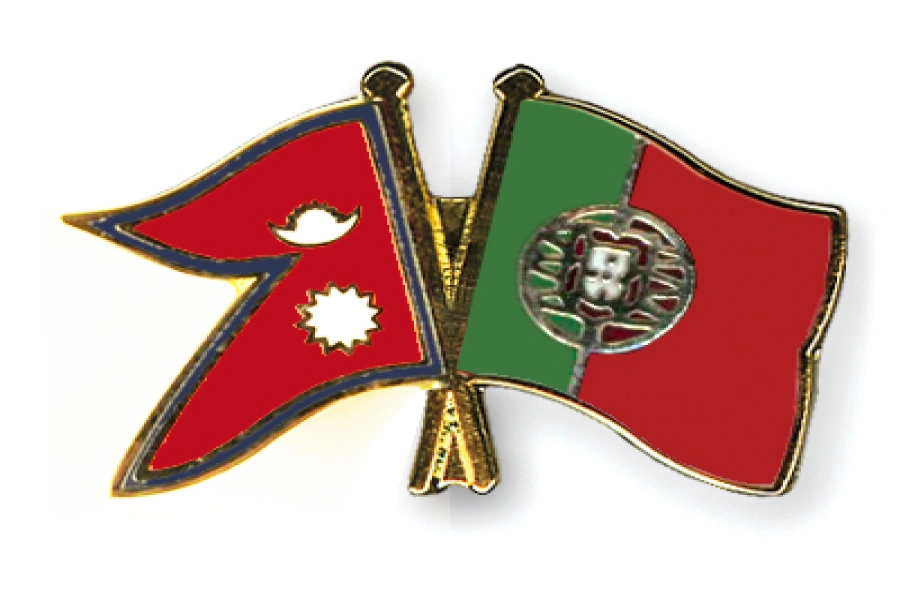Running or jogging every morning requires passion, determination, and even will power. It is an extremely beneficial exercise that does not call for any special training or equipment. And those who do it regularly are fit, active, and healthy. However, if not done properly, this may lead to painful and long lasting injuries.
To help you perform your morning exercises smoothly, we at The Week spoke to Samsher Rana, trainer at Next Step Fitness and Training Center in Lazimpat, Kathmandu. Here is all you need to know about the mistakes you should avoid while running to make the most of this great form of cardio.
Not warming up
Warm up is extremely important before any exercise routine. “Our body is at rest for a long time at night. Hence, warming your body and flexing your muscles before any intense cardio exercise is essential. A proper warm up also ensures that your muscles are ready for a good run,” says Rana.
Most people go for a run as soon as they wake up. In such cases, their bodies are unable to take the sudden shock and that often leads to cramps, muscle injuries and joint pains. Pushing your body to perform an intense exercise after a long night’s rest may even affect the vital organs including the circulatory system. “Throwing your body directly on the treadmill or going for an intense run without a good warm up session can even cause heart attacks. So warming up and gradually making your body ready for an intense exercise is extremely important,” adds Rana.
Human trafficking case filed against two women allegedly runnin...

Too little water
“If you are going out for a run make sure you carry a bottle of water along with you,” says Rana. It is extremely important to keep yourself hydrated while performing any kind of physical exercise. Also remember you must have 250 to 500 ml of water fifteen minutes before jogging.
Your water intake must be according to your fluid tolerance level. The best trick to keep your body hydrated throughout your run is to drink water when you feel thirsty. “Do not drink water unnecessarily and do not consume too much fluid,” says Rana. It is a good idea to sip your water slowly after every fifteen minutes. “Drink little and drink often. That is the best way,” says Rana.
Wrong shoes
“The most common mistake Nepalis make while running is replacing their running shoes with converse shoes,” says Rana. Running shoes are designed in such a way that they absorb the shock of your legs landing on a hard surface.
The thick and flexible sole of your running shoes forms a cushion and protects your heels and toes from heavy landings. In addition to that, a good pair of shoes can even prevent a lot of foot injuries including ligament rupture, muscle pain, and knee injuries. “Apart from these common injuries, your body may also suffer from various painful diseases in the long run,” says Rana.
Therefore, it is important to wear good running shoes. It is also imperative to replace your shoes after they are worn out. Most people often use and reuse their shoes till the sole of the footwear becomes completely flat. Make sure you change your footwear after they become old. This is one thing you simply can’t afford to skimp on.
Wrong food habits
If you are going for a light jog of about 25-30 minutes, there is no need for you to eat anything before your run. Simply drinking some water will do. But if you are going to do a speed workout make sure you intake some calories before your run. “Remember not to stuff your stomach with too much food. You may have a banana and a slice of bread about 15 to 20 minutes before your run,” says Rana.
For those who are going for a long trail run, it is advisable to eat a full meal 2-3 hours before you start running. Eating a huge meal right after an intense workout is also not advisable. However, make sure you have something within an hour of your workout.
Not slowing down
“Slow down is as important as warm up,” says Rana. “Like your body needs to be warmed up slowly in an exercise, in the same way it needs to cool down gradually as well,” he adds. Cool down helps your body get back into the steady state of rest.
The main aim of cooling down is to regulate the temperature of your body, reduce heart and breathing rates, and get your muscles back to their normal length-tension relationships. Cooling down also prevents your blood pressure from dropping too rapidly. “Even if you are extremely tired, you must not immediately take rest after a run. Remember to slowly decrease the pace of your running and do some stretching exercises. This will prevent any kind of cramps and muscle pain,” concludes Rana.






































